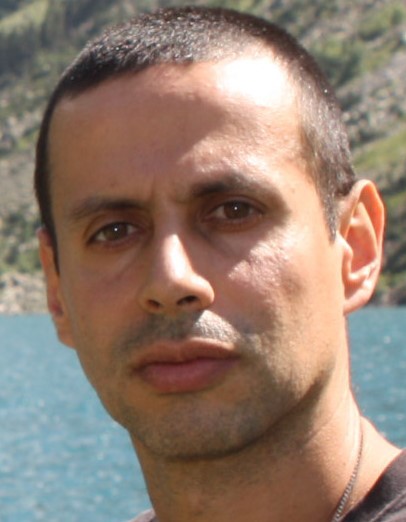

Oct 2022

Abstract:
All malaria
clinical symptoms in humans are produced by repeated cycles of asexual
parasite growth in the blood. However, transmission of the disease from
one human to another via a mosquito vector requires that some of the
asexual parasites convert into non-replicating sexual forms termed
gametocytes, which are the only parasite stages able to infect
mosquitoes. The success of malaria control and eradication efforts
largely depends on the ability to stop transmission, which requires a
better understanding of sexual conversion and gametocyte biology. How
parasites "decide" at each cycle of asexual replication whether to
continue growing asexually or to convert into gametocytes is not
completely understood, but recent research has started to unravel the
process at the molecular level. Here I will describe recent results from
our research team on the mechanisms that regulate Plasmodium falciparum
sexual conversion. Our investigations focus mainly on the epigenetic
mechanisms that determine activation of the sexual conversion
transcriptional cascade and on how sexual conversion rates are adjusted
in response to the conditions of the environment.
Bio:
After
obtaining a PhD for research on fruitfly DNA binding proteins
(CID-CSIC, Barcelona), he started to study malaria parasites. He worked
for four years as head of the Molecular Parasitology lab at the Papua
New Guinea IMR, where his research focused on basic malaria parasite
biology and also on epidemiological aspects of the disease. Back to
Europe, he joined the MRC-NIMR (London) as a postdoc for two years and a
half to study gene expression and invasion of erythrocytes by malaria
parasites. In 2006 he moved to IRB Barcelona with an ICREA junior
contract. In 2011 he joined CRESIB-ISGlobal (Barcelona) as a group
leader, and in 2012 he was appointed ICREA Research Professor. His
research at ISGlobal focuses on different aspects of the regulation of
gene expression in malaria parasites, including epigenetic variation,
the heat shock response and the transcriptional regulation of sexual
conversion.